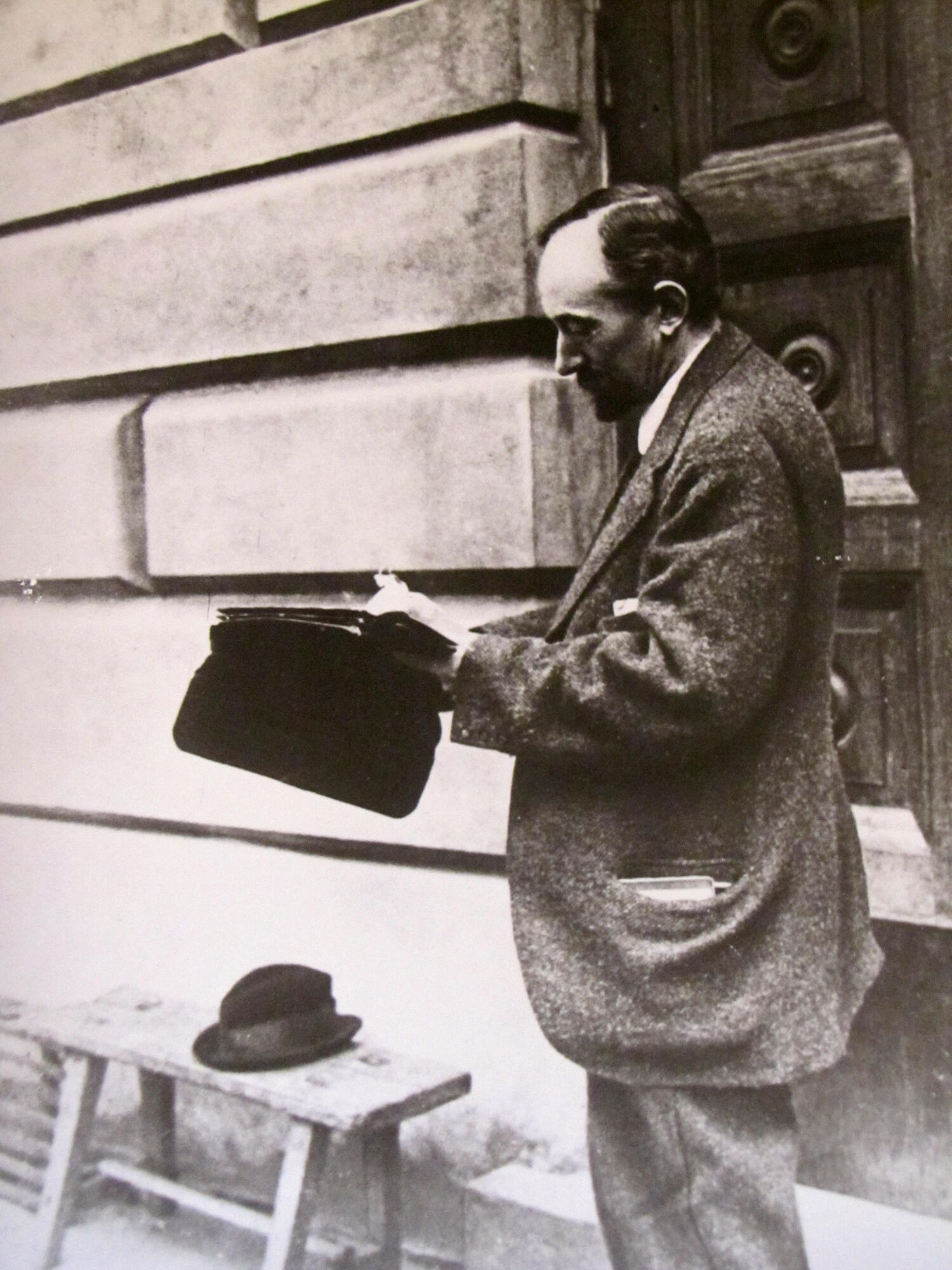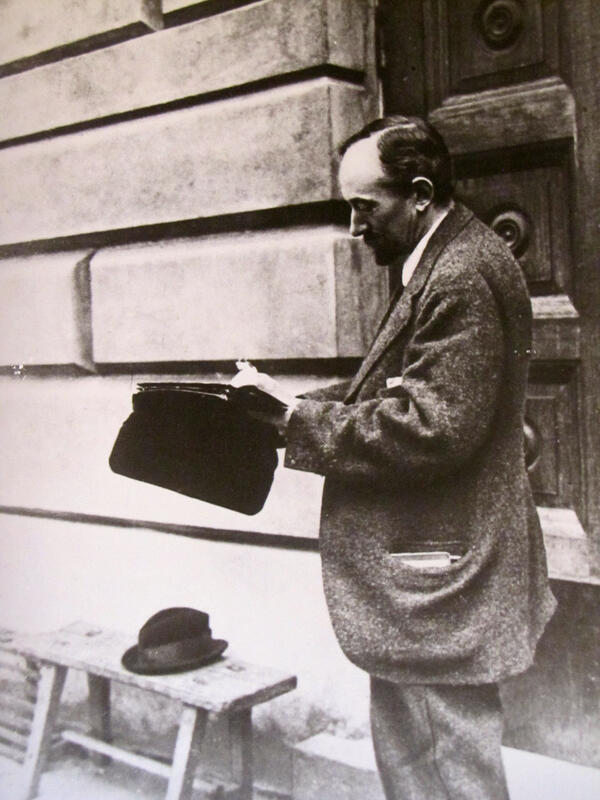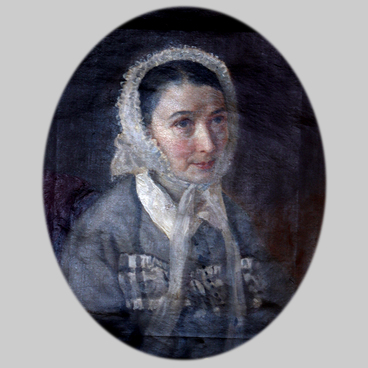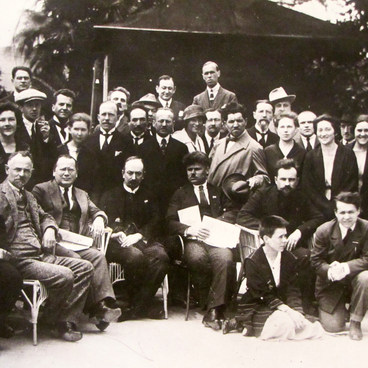Contemporaries were amazed at such stubbornness of the hereditary nobleman who did not have a good physical health. However, many of them noted his intelligence and encyclopedic knowledge of politics and culture.
In addition, Georgy Chicherin was an outstanding polyglot, which could not go unnoticed in the press. In 1921, a journalist from France commented on his talent: ‘He reads, translates, edits in all languages, because he knows them… Recently, for fun, he began to study the Hebrew language, which by chance he did not know.’
In his work, the Soviet diplomat paid special attention to Eastern countries, the struggle of their citizens for independence and for a place in the international arena. He strove to establish equal relations between Soviet Russia and Turkey, Persia, China. And he achieved results, since mutually beneficial agreements were concluded with each of the states.
For almost 13 years of service in the People’s Commissariat for Foreign Affairs, Georgy Chicherin managed to publish more than 100 articles and speeches on various issues. He retired in 1930 and then started creating a musicological manuscript dedicated to Wolfgang Amadeus Mozart, the great composer from Austria.



